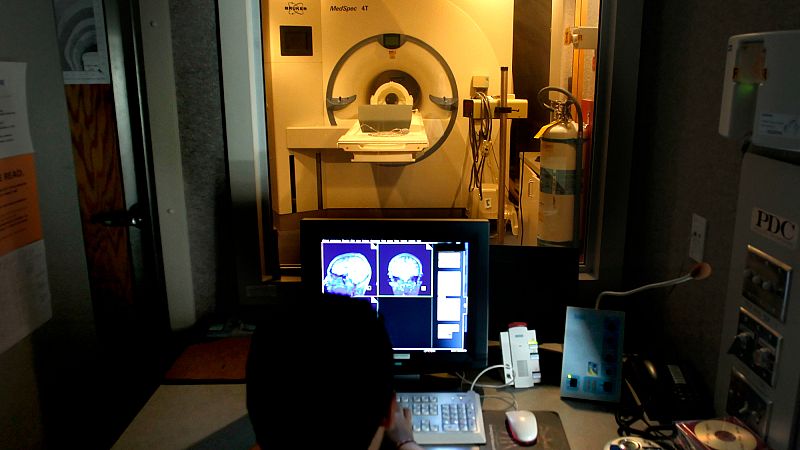
On Sunday, Beijing stated that it would impose restrictions on government acquisitions of medical equipment from the EU exceeding 45 million yuan (around €5.3 million), following the European Commission's move to curb Chinese companies' entry into the block's public tendering processes.
Following the Commission's earlier action last month, Chinese firms are prohibited from participating in tenders for public procurement of medical equipment within the EU single market worth over €5 million. Moreover, successful bids can include no more than 50% of parts originating from China.
In a press release, China stated that it "had no alternative but to take retaliatory actions."
A representative from China's Ministry of Commerce stated that Beijing has consistently shown, during direct discussions, its readiness to resolve disagreements with the European Union via communication, discussion, and individual purchasing agreements.
"Regrettably, the EU has overlooked China's willingness and genuine intentions, and remains committed to implementing restrictive actions and establishing additional protective trade obstacles," the statement said.
This recent intensification comes after Beijing's announcement The final phase of antidumping tariffs reaching as high as 34.9% on imported European brandy will last for the subsequent five years.
The cycle of mutual trade measures remains a key feature of the EU-China economic ties.
Over the past few weeks, China has prolonged its anti-dumping probe on EU pork exports for an additional six months, as the European Union introduced duties reaching as high as 45% on Chinese electric vehicles (EVs).
These changes occur during a delicate period in EU-China ties, as the relationship is experiencing a careful diplomatic revival.
A significant turning point in the developing conversation will be the near-future EU-China Summit to be held in Beijing during the latter part of July 2025.
Concerns from Europe
MedTech Europe, the EU’s medical devices industry association, expressed regret over China’s latest decision, saying it further restricts access to the Chinese public procurement market.
"Such measures could exacerbate trade disputes and eventually prevent patients from obtaining essential medical technologies promptly," stated the group in a release.
We call upon the European Union and China to participate in meaningful discussions to address present issues regarding market entry and to maintain equitable, stable, and mutually beneficial trade environments.
The European Chamber of Commerce in China shared similar worries, cautioning that the statement adds more unpredictability for European companies functioning within the nation.
Especially, the absence of clear details in the updated regulations increases the possibility that local agencies overseeing public procurement might apply the rules too strictly.
This might prevent even very locally-based European medical equipment producers from submitting bids for contracts, as stated by the Chamber.
For example, even though the Chinese government has stated that companies invested by Europeans operating in China will be excluded from the restrictions, the announcement fails to specify what constitutes a 'European-invested enterprise.'
As per the European Chamber, it is still not clear if volume-based purchasing bids, which frequently surpass the limit, will be subject to the updated regulations.
